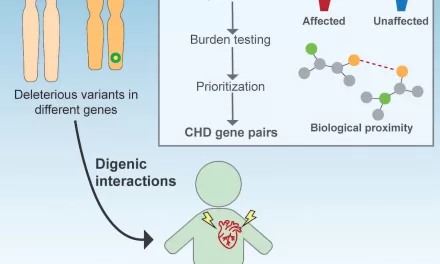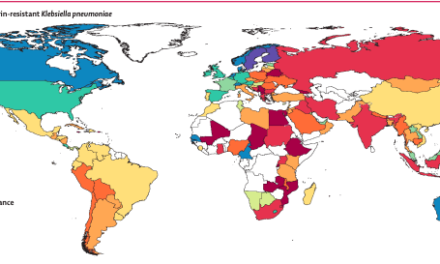We’ve all been there—mid-conversation, searching for a word that we know we know, yet it stubbornly refuses to come to mind. This common yet perplexing experience, known as the ‘tip-of-the-tongue’ phenomenon, has long fascinated scientists. But what exactly happens in the brain when this occurs?
The Brain’s Word-Searching Mechanism
When the brain struggles to retrieve a word, multiple regions work together in an attempt to locate it, much like a team searching a library for a misplaced book. Researchers have identified three key areas involved in this process: the anterior cingulate cortex, the prefrontal cortex, and the insula.
The anterior cingulate cortex acts as an internal alarm system, signaling a conflict: “I know this word, but I can’t recall it!” The prefrontal cortex then takes on the role of verifier, assessing any surfaced information to ensure it matches the intended word. Meanwhile, the insula plays a crucial role in phonological retrieval, helping to assemble the sounds that make up the word.
The Role of Aging in Word Retrieval
Studies using functional magnetic resonance imaging (fMRI) have revealed that these brain regions interact dynamically when we experience tip-of-the-tongue moments. However, research suggests that such instances become more frequent with age. The efficiency of the anterior cingulate cortex and the insula declines over time, akin to a library becoming disorganized with age. As a result, retrieving words becomes more difficult, and these frustrating moments increase.
For older adults, a decrease in insula activity specifically hampers the ability to piece together phonological elements, making word retrieval slower. Despite this, scientists emphasize that tip-of-the-tongue experiences are a natural part of cognitive function and do not necessarily indicate serious memory issues.
Strategies to Improve Word Retrieval
Fortunately, there are ways to counteract the effects of aging on word recall. Engaging in intellectually stimulating activities, maintaining social interactions, and staying physically active can help build what researchers call ‘cognitive reserve.’ This reserve enhances brain health and supports more efficient word retrieval as we age.
Next time you find yourself struggling to recall a word, remember that your brain is actively working behind the scenes. Allowing time for the search process to unfold or taking a break can often lead to the word naturally resurfacing.
Disclaimer:
This article is for informational purposes only and does not constitute medical advice. If you experience frequent or worsening memory issues, consult a healthcare professional for evaluation and guidance.











